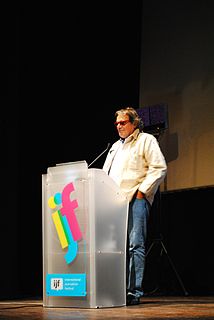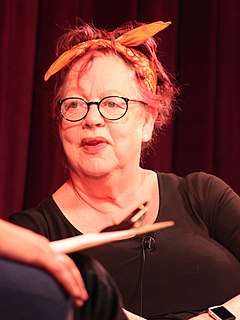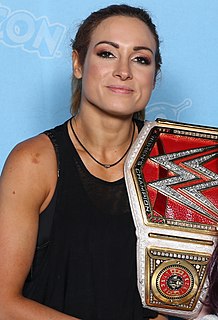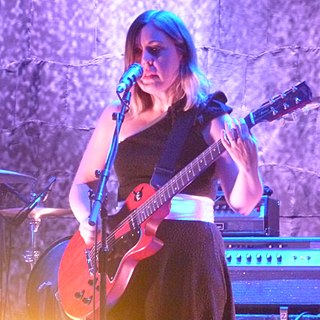A Quote by Joss Whedon
It's about women. It's about power and it's about women and you just hate those two words in the same sentence, don't you?
Related Quotes
That's what they want: two women. Fellas, I think that's a bit lofty. Because, come on, think about it - if you can't satisfy that one woman, why do you want to piss off another one? Why have two angry women in the bed with you at the same time? And think about it - you know how much you hate to talk after sex, imagine having two women just nagging you to death.
It turns out that a lot of women just have a problem with women in power. You know, this whole sisterhood, this whole let's go march for women's rights and, you know, just constantly talking about what women look like or what they wear, or making fun of their choices or presuming that they're not as powerful as the men around. This presumptive negativity about women in power I think is very unfortunate, because let's just try to access that and have a conversation about it, rather than a confrontation about it.
I know there are certain men that hate women or don't like women, and in order to make women feel small, they tend to isolate them when they bully them. And women are often humiliated by it and feel they can't do anything about it. So my advice to women would be: there's always support around for those sorts of things and if you feel you're isolated in any way, or being bullied, you must talk to someone about it.
The feminist movement is not about success for women. It is about treating women as victims and about telling women that you can't succeed because society is unfair to you, and I think that's a very unfortunate idea to put in the minds of young women because I believe women can do whatever they want.
The characteristics of successful business people, whether they are male or female, are very similar. It's about determination, it's about enthusiasm, it's about strategy, it's about communication, it's about integrity. And sometimes men and women display those differently but fundamentally they are the same qualities.
We need more female directors, we also need men to step up and identify with female characters and stories about women. We don't want to create a ghetto where women have to do movies about women. To assume stories about women need to be told by a woman isn't necessarily true, just as stories about men don't need a male director.






































